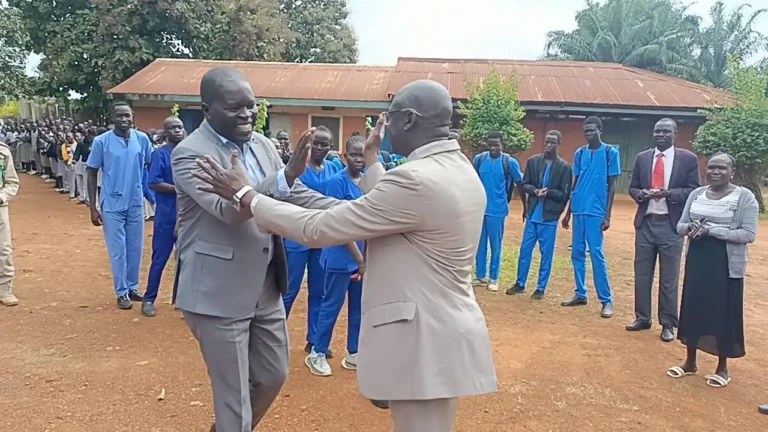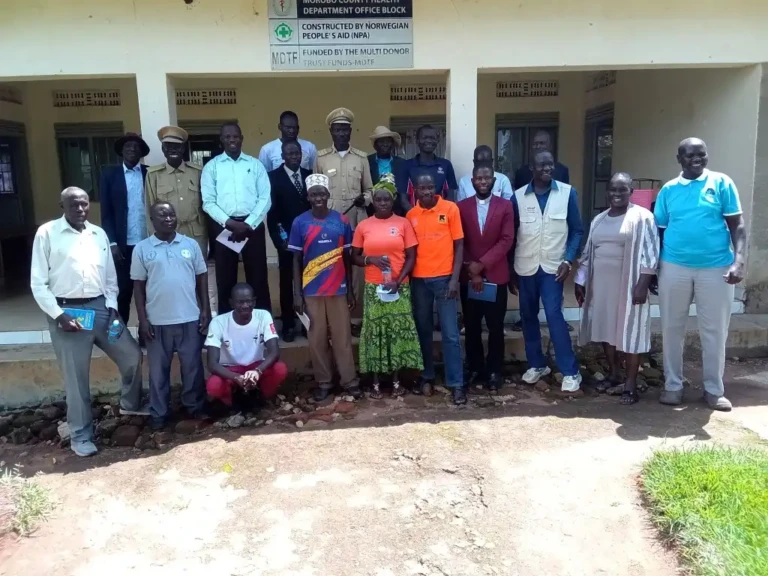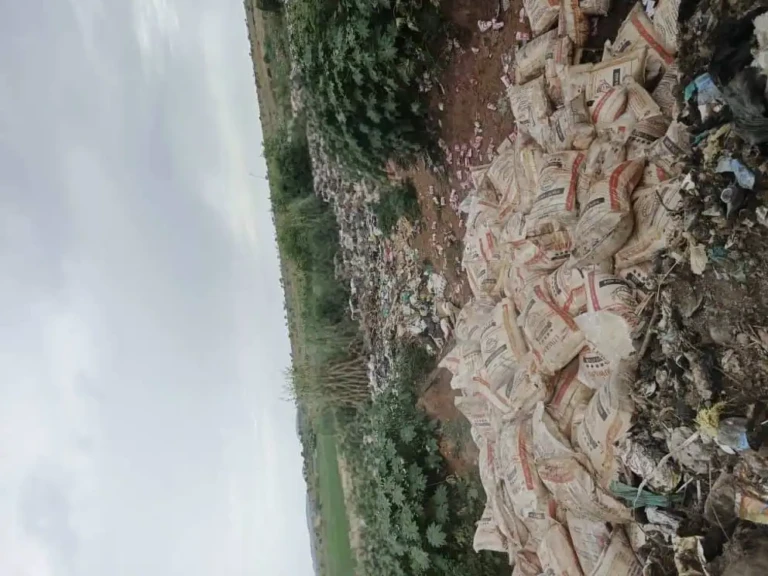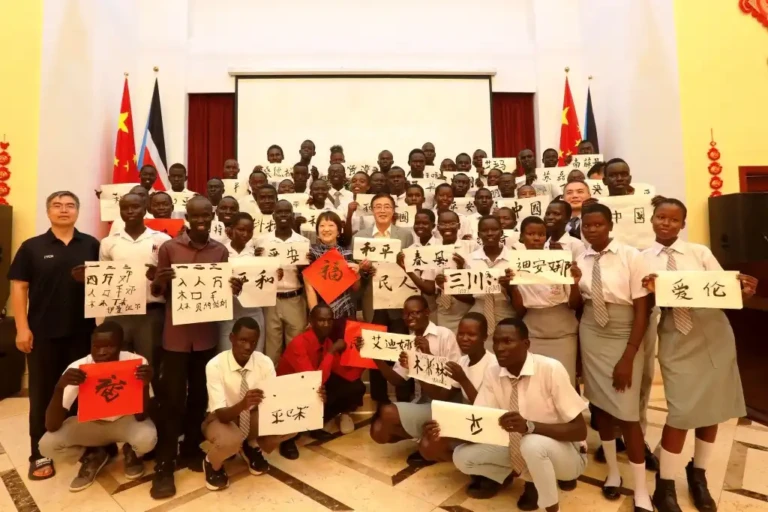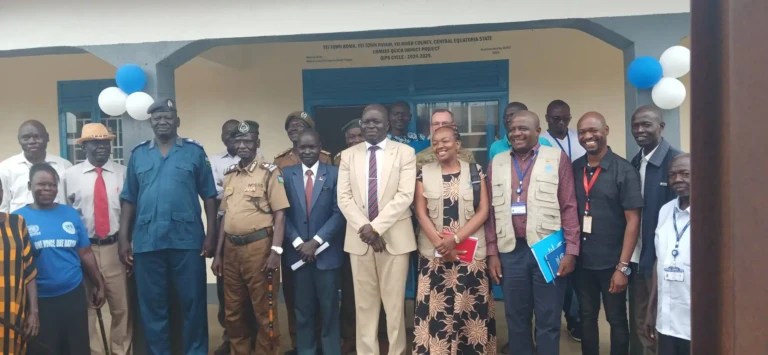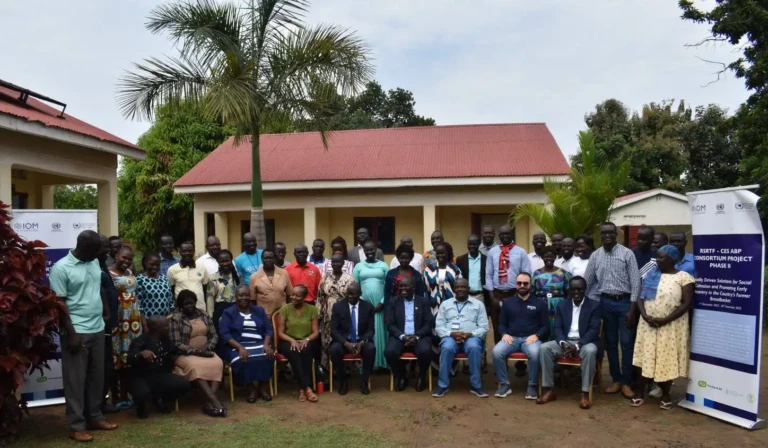(Juba) – The World Health Organization (WHO) has launched a Joint Operational Review (JOR) to evaluate and improve South Sudan’s emergency health response as the country continues to face overlapping humanitarian and public health crises.
The review, held in the capital Juba, brings together experts from across WHO’s global, regional, and national offices. It comes at a time when South Sudan is responding to a range of emergencies, including disease outbreaks, flooding, food insecurity, and the spillover of conflict from neighboring Sudan. Cholera, Mpox, Hepatitis E, Anthrax, and variant polio virus type 2 (cVDPV2) are among the public health threats being managed by overstretched health workers.
WHO says these challenges are placing severe pressure on the country’s already limited healthcare infrastructure. While South Sudan has made efforts to build its emergency response capacity, the frequency and scale of these emergencies continue to stretch resources, drain personnel, and disrupt progress in health system development.
The Joint Operational Review was designed to take stock of the country’s recent experiences in responding to emergencies. It aimed to highlight what is working, identify existing gaps, and share lessons learned across all three levels of the organization—national, regional, and global. These insights are expected to shape WHO’s short and medium-term plans in South Sudan and inform collaboration with the government and other health partners.
One of the key goals of the review is to improve the delivery of essential health services, ensure business continuity, and strengthen disease surveillance and laboratory capacity. It also focuses on improving leadership and coordination among actors involved in responding to multiple and simultaneous emergencies.
WHO emphasized that improving South Sudan’s health emergency systems requires flexible and integrated approaches. “To enhance our preparedness and readiness to effectively support South Sudan to improve its response capacities to multiple emergencies and save lives of people affected, we must adapt to the current context, improve coordination and embark on implementing efficient, flexible, agile and comprehensive systems that integrate technical staff, resources, and information systems for effective emergency response,” said Dr. Aggrey Bategereza, WHO’s Emergency Preparedness and Response Team Lead.
Discover more from Access Radio Yei News
Subscribe to get the latest posts sent to your email.

